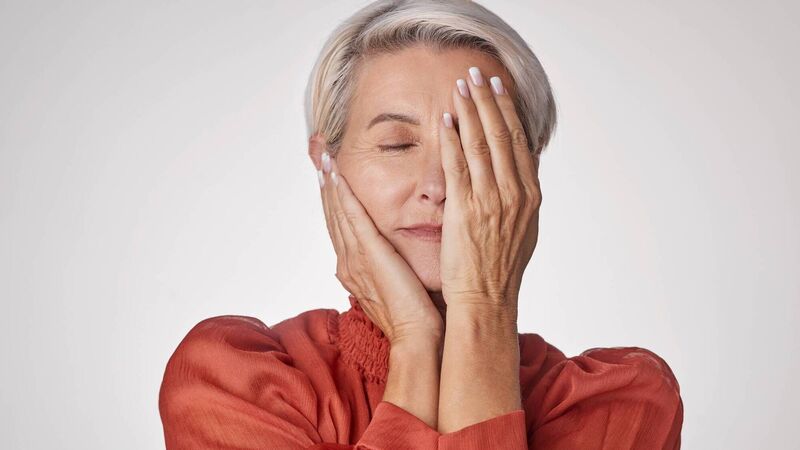Natural health: My eyes stream in the morning — could it be related to menopause?

Megan Sheppard: "Including more omega-3 fatty acids in your diet, such as nuts, seeds, and fatty fish, can help reduce inflammation and improve the quality of the oily layer in your tear film. You can also take omega-3 fatty acids in supplement form."










